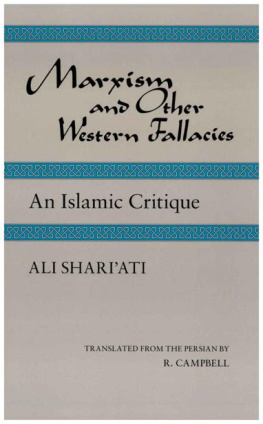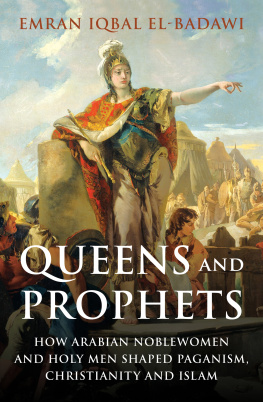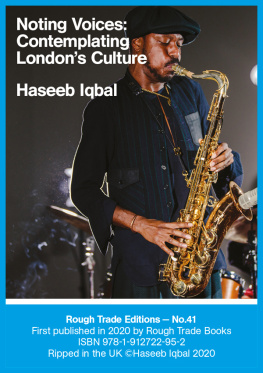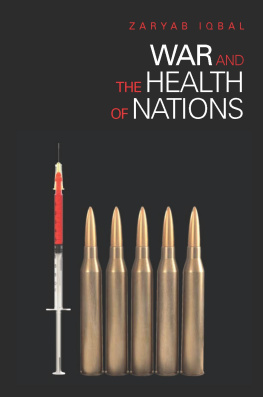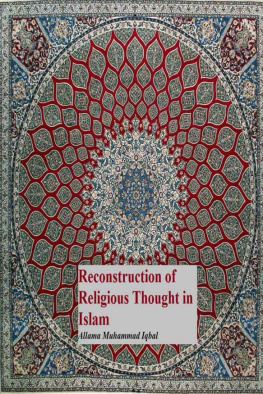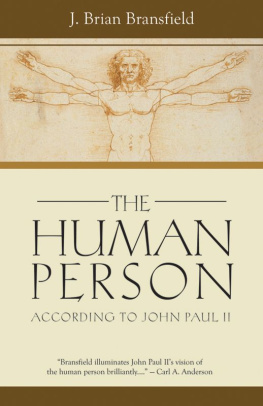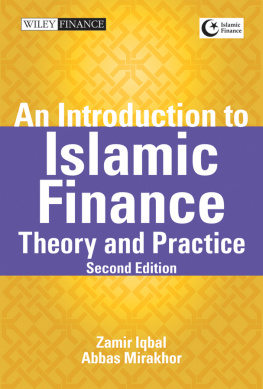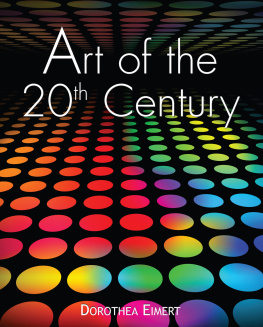Ali Shariati
Iqbal: The 20th Century Reformer
Edited by
Laleh Bakhtiar
ABJAD Book Builders and Designers
Laleh Bakhtiar, 1991 Laleh Bakhtiar, e-Book, 2011
No part of this book may be used or reproduced in any manner whatsoever without written permission except in the case of brief quotations embodied in critical articles and reviews.
eBook ISBN 10: 1-871031-28-1 eBook ISBN 13: 978-1-871031-28-7
Published by ABJAD Book Designers and Builders 3023 West Belmont Avenue Chicago IL60618 (T) 773-267-7001 (F) 773-267-7002 info@kazi.org www.kazi.org
Contents
Iqbal: Manifestation of the Islamic Spirit
:
Foreword
Am I not ( alast ) your Lord, (asked God, and) replied they, Yea! We do bear witness. (7:174). This formed the initial covenant ( ahd ) of man with God. Through it, man inherited the heavens and the earth and in return for Gods promise of a Saviour and a Final Day, man assumed a responsibility to care for that which was entrusted to humanity. The human being who recalls the acceptance of the covenant, who assumes the responsibility, one who has made the promise is known as one who is committed, engaged ( mutahid ).
In the view of Dr. Ali Shariati, this is the real artist for he or she is committed to the promise given that day and creates in anticipation of Gods promise. His point of view serves as an awakening to those who have not comprehended all of the criteria of art, to those who are not aware of the relationship between art and society and to those who think that society is beyond the realm of assistance by an artist. In this school of thought, the artist is bound to the promise and serves as a vehicle for its expression for it is through this expression that humanity continues to remember and recall. It is only artists, in his view, who, like the prophets of old, takes the sins of others upon themselves because a real artist is attentive, engaged in social action and responsible. Their very attentiveness weighs down the sorrow they bear and builds artists into the form of messengers who, as prophecy was sealed with Muhammad, must remain unfulfilled.
At the same time that they themselves remain unfulfilled, their art continues to be expressed and to ennoble for one of the major roles that art plays is to ennoble matter. The matter of Shariati is humanity, people, the masses. With this in view, the real art of any society is faith and struggle upon this way. Anything less than this is to forget the covenant. Islam is centered on Unity and is expressed in art through what has been called unity in multiplicity, multiplicity in unity. Can one find a more appropriate symbol of multiplicity than humanity itself, created in the image of the One God, struggling and full of faith as it recalls the covenant by which it bound itself to God?
Laleh Bakhtiar Editor Preface
ALI SHARIATI (1933-1977), a contemporary Muslim social activist, devoted his life to paving the way for the return to what he and those who followed him believed to be a non-distorted Islam.
Ali Shariati left over 15,000 pages of lectures, letters, books and journals which were gathered together, divided into subjects and published from 1976-1986 in Persian in thirty-five volumes called The Collected Works. As comparatively few pages of his works have been translated into English, the almost fifty page English Guide and Indices to the Collected Works, appearing at the end of the present lecture in the Appendices, addresses this need in order to give those interested in Shariatis ideas and his place in history an understanding of the extent and breadth of his work as well as an insight into his creative abilities which were so strong that the titles themselves call out to be heard. The Index gives all information heretofore unavailable on each of the titles including date, place where the lecture was given, and the surrounding circumstances, where known. Page numbers are given showing where a lecture can be found in the Persian Collected Works and indication of English translation where relevant. There are five additional indices given in the appendices of the Index in order to facilitate access to (1) the translated titles and (2) transliterated titles of the 35 volumes. In the third and fourth indices, every title that appears within the Collected Works (CW) is listed (3) alphabetically in translation and (4) transliteration followed by the number assigned to the work in the Guide to Shariatis Collected Works.
The fifth (5) is a list of the Dated Works According to Dates produced during his most prolific period of 1968-1972. Through this one can follow, day by day, the blossoming of the creative energies of this son of Islam and Iran, a man about whom Jean Paul Sartre said, I have no religion, but if I were to choose one, it would be that of Shariatis.
It is hoped that this work will be viewed as an attempt to give wider scope to Shariatis ideas and that interested readers will contact the publisher with any information or criticism that they may have. This then can be passed on to other readers. Inshallah.
Laleh Bakhtiar A Short Biography of Ali Shariati
Born: November 23, 1933 in Mazinan, Sabzivar, Khorasan Province
1940 Enters school 1950Enters Teachers College, Mashhad 1952Teaches in the village of Ahmadabad near Mashhad 1955Writes Maktab-I vasitah (The Median School of Thought and Action) 1955Translates Abu Dharr Ghifari. Enters the Faculty of Letters, Mashhad University.
He writes a series of articles entitled Toynbee and History
for the Khorasan newspaper. He writes an article entitled Which one am I? for the Farhang magazine in Mashhad. 1957As a member of the National Resistance Movement, he, along with his father and other members is arrested in Mashhad and sent to the Qazil Qaleh prison for six months. 1959He translates Prayer by Alexis Carrel. He receives his B. from Mashhad University, Faculty of Letters and as he was at the top of his class, he should have been sent to France, but he encounters political difficulties 1960 He translates Optimism and Pessimism by John Isolah and his translation is published in the magazine of Quds (Khorasan)Province. from Mashhad University, Faculty of Letters and as he was at the top of his class, he should have been sent to France, but he encounters political difficulties 1960 He translates Optimism and Pessimism by John Isolah and his translation is published in the magazine of Quds (Khorasan)Province.
The political difficulty is somehow resolved and he is sent to France. He studies two majors: Sociology and the History of Religions. 1961In France, he joins the Algerian Liberation Movement and is very active. He wrote What should we lean upon? an article published in one of the French magazines. He translates What is poetry? by Jean Paul Sartre and printed in Paris. 1962He publishes an article in Paris entitled, The Death of Franz Fannon. 1962He publishes an article in Paris entitled, The Death of Franz Fannon.
After receiving two Ph.D.s in the fields of Sociology and the History of Religions, he returns to Iran. He is arrested on the Irano-Turkish border in Bazargan and he spends several months in the Qazil Qalah prison. 1965He works as a high school teacher in a village near Mashhad and then teaches in a school in the city of Mashhad. Finally, he is hired as an assistant professor by Mashhad University. 1967- 1973He begins to lecture in Mashhad, the Husayniyyah Irshad in Tehran, Tehran University and other centers and universities in Tehran and other cities and this is the most productive period of his life. 1973 Sept.The Husayniyyah Irshad is closed and the secret police (SAVAK) try to find Shariati.
Next page

